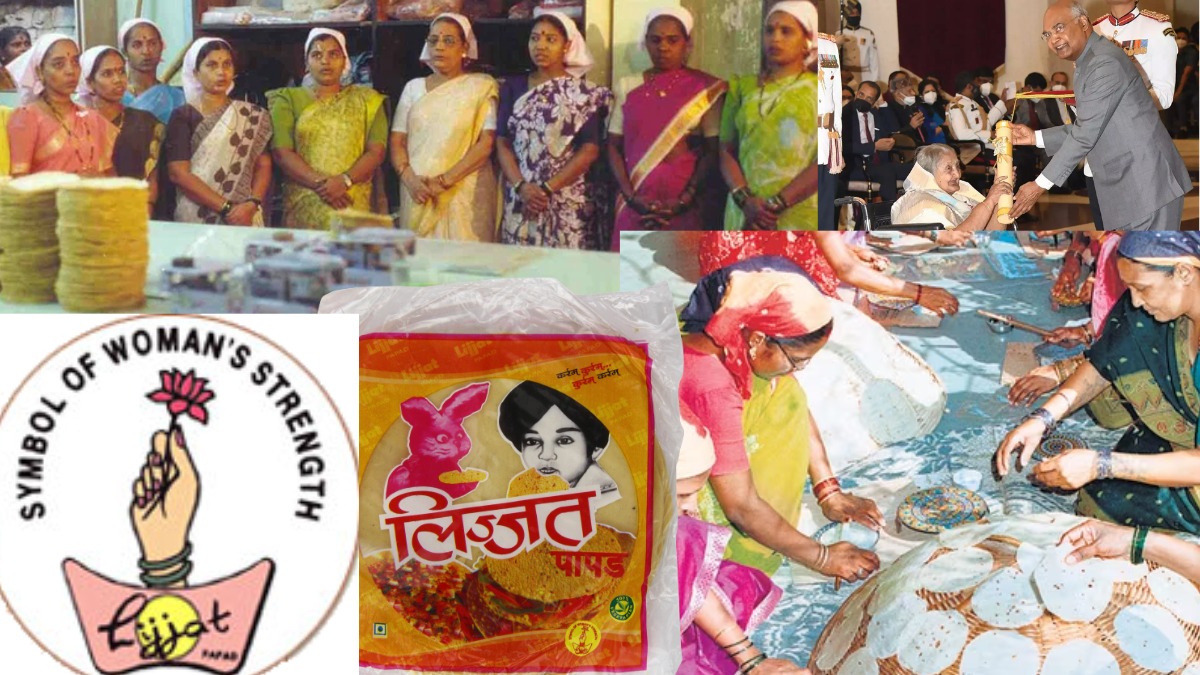What began as a humble papad-making business from the rooftop of a Mumbai building in 1959 has turned into a ₹1600 crore cooperative empire. Shri Mahila Griha Udyog Lijjat Papad, founded by seven Gujarati women with a capital investment of just ₹80, is today an international symbol of women entrepreneurship, self-reliance, and grassroots innovation.
Origin Story
Seven women in Girgaum, South Mumbai, began producing papads from the rooftop of their building on March 15, 1959.
With no external funding and just basic kitchen appliances, they produced four packets on the first day.
Their goal: to create a self-sustaining livelihood based on their culinary skills, without charity or begging.
Highlights of Growth
In three months, the women grew, bought utensils and stoves, and began selling to neighborhood merchants.
In the 1960s, Lijjat had spread all over Maharashtra and into the neighboring state of Gujarat.
Today, the cooperative has more than 45,000 women—affectionately known as Lijjat Sisters—working all over India.
Business Model
Lijjat is a worker-owned cooperative, where every woman is both a stakeholder and decision-maker.
The brand ensures stringent quality control, producing over 4.8 billion papads annually with standardized taste and texture.
It has expanded to other FMCG products like masalas, detergents, and flour.
Cultural Impact
Lijjat is more than a brand—it's a movement. It has ushered in generations of women with economic independence and dignity.
The jingle and the pink bunny mascot have become an integral part of Indian cultural heritage.
Why It Matters
Lijjat's story is a masterclass on scaling without compromising values. It demonstrates how with intent, even a papad can become a revolution.
Sources: Lijjat.com, ET Now, Wikipedia, The Economic Times, India Today, Business Standard.

